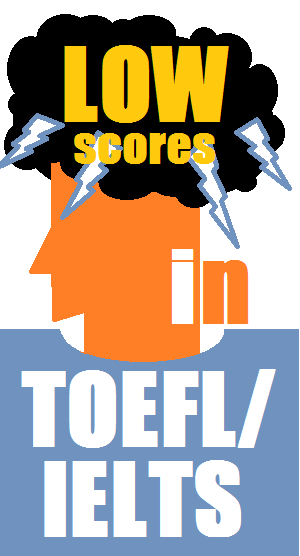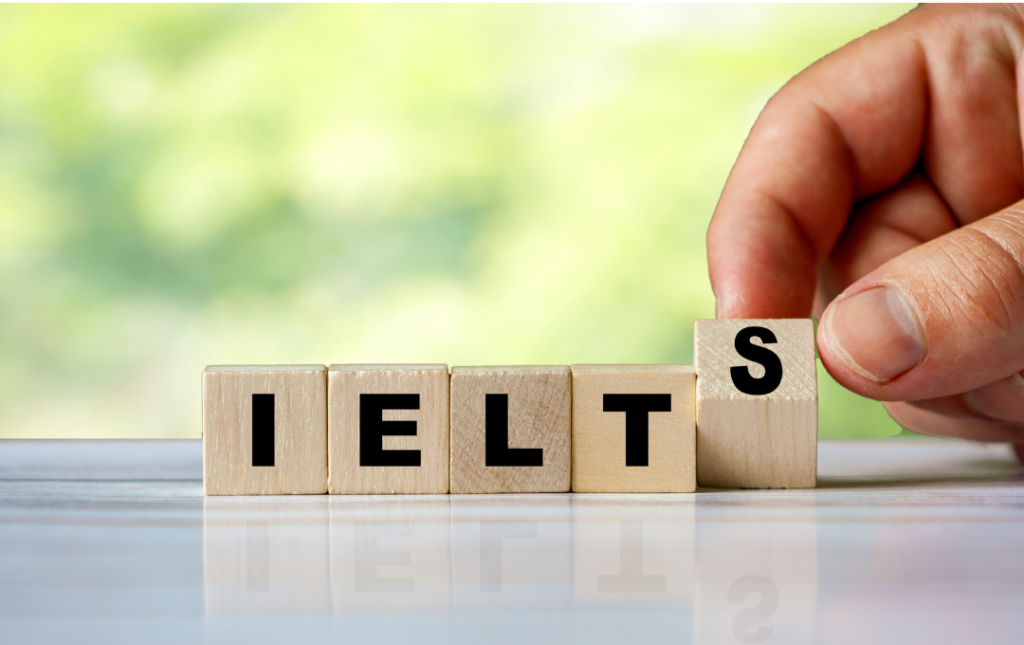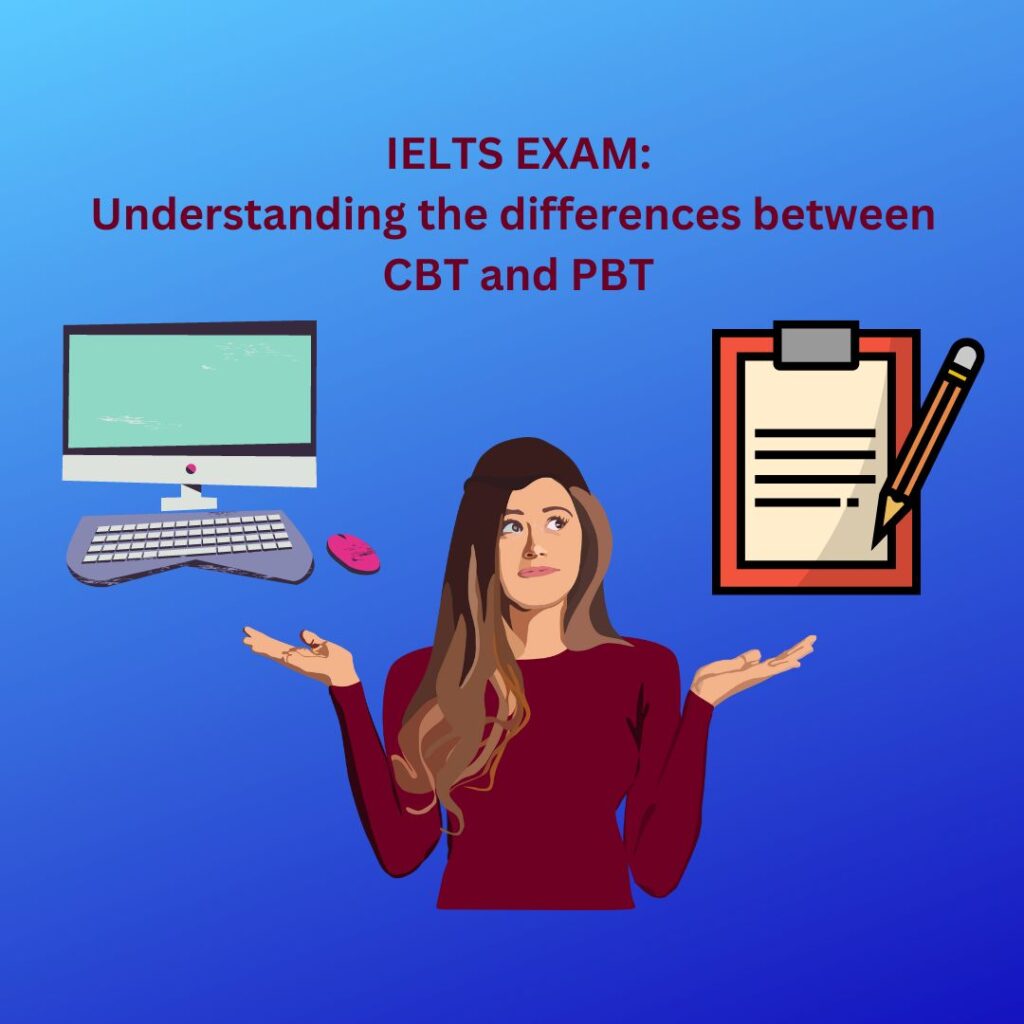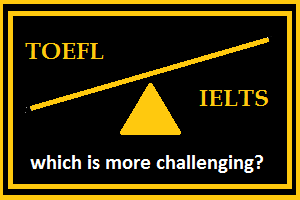
Many misconceptions surround the International English Language Testing System (IELTS), leading to confusion among test-takers. In this blog, we’ll debunk some common myths and clarify the realities of the IELTS exam.
Myth: There is a passing or failing score.
Reality: Forget the pass-or-fail mindset! IELTS provides a score on a scale of 1 to 9, reflecting your true proficiency level.
Contrary to some common misconceptions, IELTS does not follow a pass-or-fail system. Instead, it employs a scoring system, with individual Listening, Reading, Writing, and Speaking scores on a 1 to 9 scale. These scores are averaged for an overall band score ranging from 1 to 9. Rubrics associated with each band level detail the language abilities, providing a nuanced profile. This absence of a binary pass or fail approach allows for a more informed assessment of a test taker’s English proficiency, aiding decisions by universities, employers, and immigration authorities.
Myth: The more complex your vocabulary, the better your score.
Reality: High scores in exams like IELTS are not solely tied to complex vocabulary or ‘big’ words. Effective communication is key!
While diverse vocabulary is valuable in the writing and speaking sections, effective communication is key. Using overly complex language without considering clarity and accuracy can hinder rather than enhance communication. IELTS evaluates a candidate’s ability to express ideas clearly and accurately, valuing appropriate vocabulary use in context. Overly complex expressions, if misused, may lead to confusion.
Thus, test takers should strike a balance between vocabulary and accurate expression.
Myth: British English is the only accepted form in IELTS Writing.
Reality: Whether your pen follows the Queen’s English or dances with the Stars and Stripes, it’s about clear expression and grammatical finesse.
IELTS Writing embraces variations in English usage, including American English, prioritizing effective communication and grammatical accuracy.
In essence, while the IELTS test expects candidates to demonstrate proficiency in formal English, it does not penalize for minor variations in spelling, vocabulary, or grammar between British and American English. Instead, the focus remains on clarity of expression, coherence of ideas, and accuracy in language use.
Myth: You must have a British or American accent to score well on the Speaking test.
Reality: Accents don’t define your score! Whether British, American, or another variation, clear pronunciation is what matters in the IELTS Speaking test.
IELTS assesses proficiency beyond British English, recognizing global language diversity. This aligns with the test’s international nature, catering to diverse linguistic backgrounds. Thus, the test gauges comprehension and communication abilities, irrespective of specific accents, ensuring fair evaluation for test takers globally.
Myth: You cannot prepare for IELTS.
Reality: Preparing for IELTS is key to success! Familiarize yourself with the format, practice sample questions, and enhance your English skills for a confident performance.
Preparation is crucial for IELTS success. Understanding the exam format and getting familiar with sections, question types, and time constraints builds confidence. Practicing with sample questions helps develop effective strategies and improves time management. Enhancing English language skills in reading, writing, listening, and speaking is integral. Exposure to accents, academic vocabulary, and writing styles contributes to proficiency.
Thus, reading literature, newspapers, or articles and engaging in English conversations is the key to doing well in IELTS.
Myth: It is better not to guess if you do not know an answer.
Reality: Guessing strategically on the IELTS maximizes scoring opportunities! Don’t hesitate to make an educated guess; incorrect answers carry no penalty.
In the IELTS exam, there is no penalty for incorrect answers, meaning that test-takers do not lose points for guessing. So, if you are unsure about an answer, it’s better to make an educated guess rather than leave the question unanswered. Guessing on the IELTS is strategic, as it maximizes scoring opportunities, potentially boosting the overall score.
Myth: The computer-based test is easier than the paper-based test.
Reality: Don’t let myths cloud your judgment! Both computer-based and paper-based IELTS tests have the same content and difficulty level.
Contrary to popular belief, both formats of the IELTS test have identical content and difficulty levels. The primary difficulty lies in the delivery mode, not the question complexity. Content, including question types, topics, and evaluation criteria, is consistent in both formats, so the difficulty level remains unchanged.
The key distinction is interaction—based navigation versus physical interaction in the paper-based version. While the computer format allows easy editing, it does not affect question complexity.
Understanding this reality is crucial for candidates choosing a format based on preferences and tech comfort.
Myth: You must speak for a specific time for each question in the Speaking test.
Reality: Express yourself naturally! There is no specific time requirement for each answer in the IELTS Speaking test. Focus on clear expression and effective communication.
There is no set time limit for responses; the focus is on expressing ideas clearly, coherently, and effectively. The Speaking test evaluates spoken English proficiency and communication skills across three parts with varied questions. The absence of strict time constraints allows candidates to express their thoughts naturally and engage in a conversation with the examiner, addressing progressively complex queries. This aligns with the broader IELTS goal of assessing language proficiency in real-life situations. Thus, candidates should prioritize clear expression, effective vocabulary, grammar usage, and effective communication skills instead of meeting a specific time requirement.
By debunking these common myths and misconceptions, we hope to provide clarity and empower test-takers to approach the IELTS exam with confidence and preparedness. Remember, understanding the realities of the exam is key to achieving success!
As India’s leading Study Abroad Consultant, Dilip Oak’s Academy offers a comprehensive suite of services, including GRE, TOEFL, and IELTS coaching, as well as GRE Self Prep. Furthermore, our admission counseling services can guide you through the entire process from Shortlisting Universities to Visa Counseling. With our expertise, we have successfully sent 32,000 students to various prestigious American universities like MIT, Stanford, Cornell, and Carnegie Mellon. To enroll in our comprehensive overseas education consultancy services, book a free consultation or call us at 91-20-67444222.







